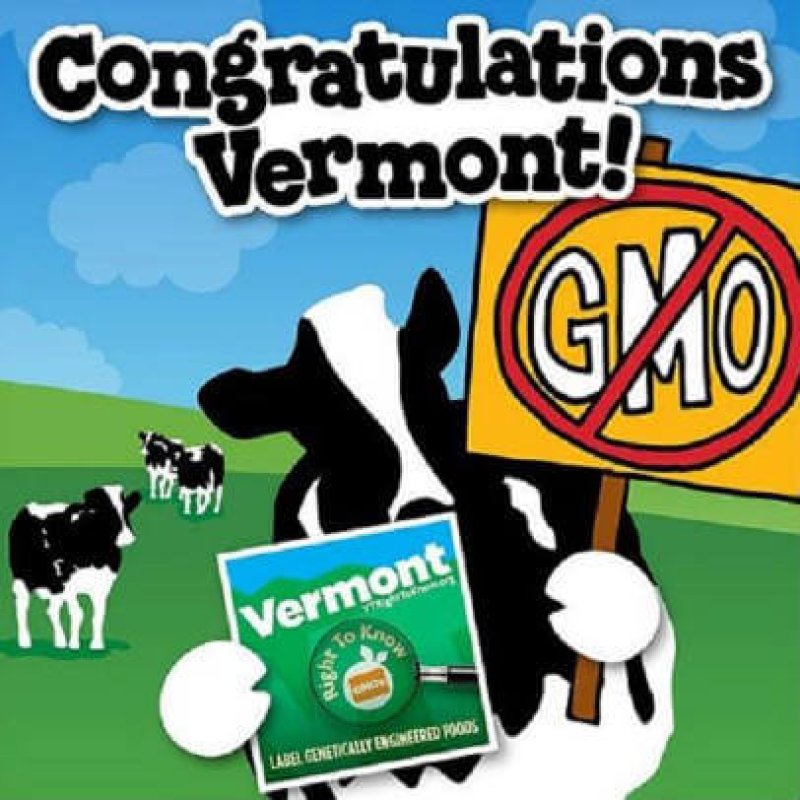Vermont’s GMO labeling bill was a huge event because similar legislation had been defeated in Washington and California. Those opposing the genetic modification of seeds, who have found quite a bit of support in Vermont, began to celebrate, while hinting at the backlash they knew would come.
The bill, H. 112, titled AN ACT RELATING TO THE LABELING OF FOOD PRODUCED WITH GENETIC ENGINEERING, has several glaring problems that should be looked at from the start. Let’s take a look at the “Findings” section, which sets the premise of the bill.
U.S. federal law does not provide for the necessary and satisfactory regulation of the safety and labeling of food that contains genetically engineered ingredients.
This part alone is demonstrably false, even before they list their reasons for coming to this conclusion. The process itself takes years just to get a new GMO to be approved by the FDA. With faulty premises, it’s no wonder that a lawsuit HAS in fact been filed against the state of Vermont over the constitutionality of this piece of legislation.
Only…it wasn’t filed by Monsanto. The four plaintiffs are Grocery Manufacturers Association, National Association of Manufacturers, International Dairy Foods Association and Snack Food Association. So, looking at these four plaintiffs, aside from membership in one (amidst hundreds of other companies), Monsanto isn’t even an aspect. They are certainly not suing Vermont, as the headlines are continuously claiming. The lawsuit itself brings up the state government legislating companies and people in other states, affecting interstate commerce, and overriding the federal government’s authority. It’s feasible that this could even ripple internationally, with our exported goods from these companies as well. By all appearances, Vermont has well overstepped its authority.
Read the full, original article: Fraud, misinformation, and the GMO labeling law in Vermont































